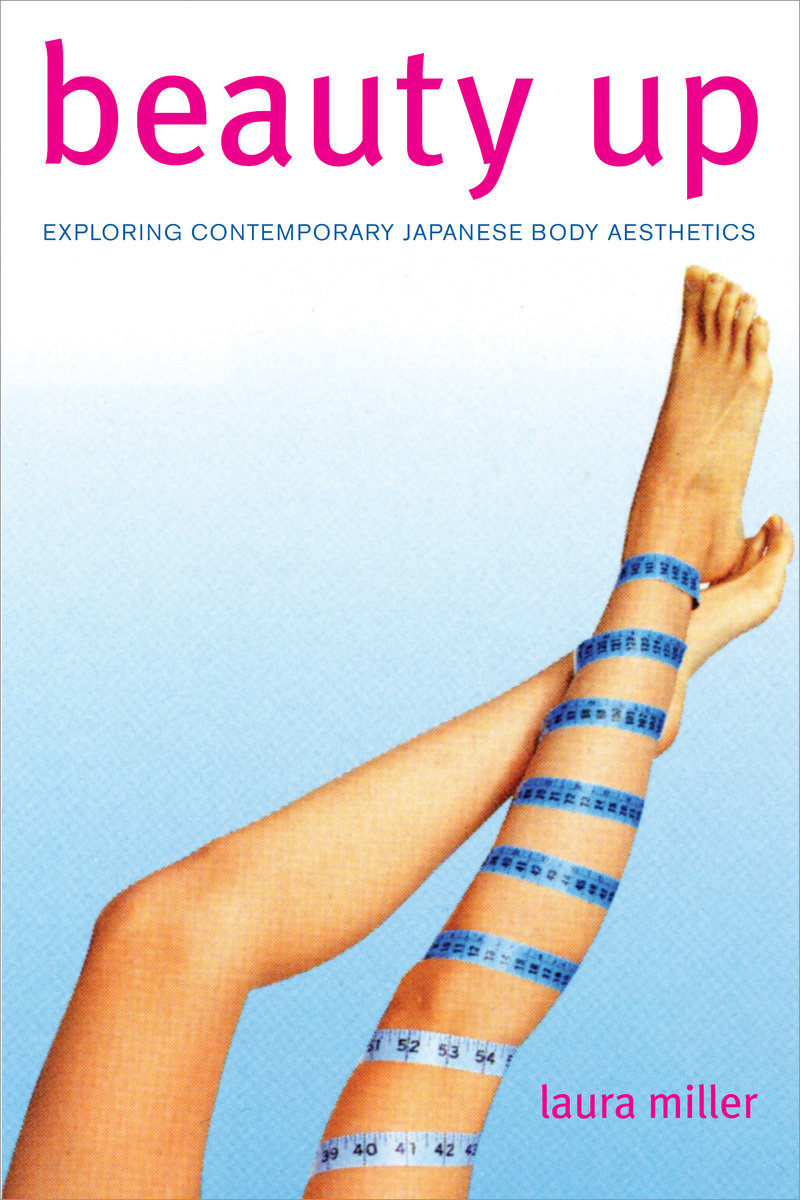This engaging introduction to Japan's burgeoning beauty culture investigates a wide range of phenomenon-aesthetic salons, dieting products, male beauty activities, and beauty language-to find out why Japanese women and men are paying so much attention to their bodies. Laura Miller uses social science and popular culture sources to connect breast enhancements, eyelid surgery, body hair removal, nipple bleaching, and other beauty work to larger issues of gender ideology, the culturally-constructed nature of beauty ideals, and the globalization of beauty technologies and standards. Her sophisticated treatment of this timely topic suggests that new body aesthetics are not forms of "deracializiation" but rather innovative experimentation with identity management. While recognizing that these beauty activities are potentially a form of resistance, Miller also considers the commodification of beauty, exploring how new ideals and technologies are tying consumers even more firmly to an ever-expanding beauty industry. By considering beauty in a Japanese context, Miller challenges widespread assumptions about the universality and naturalness of beauty standards.


